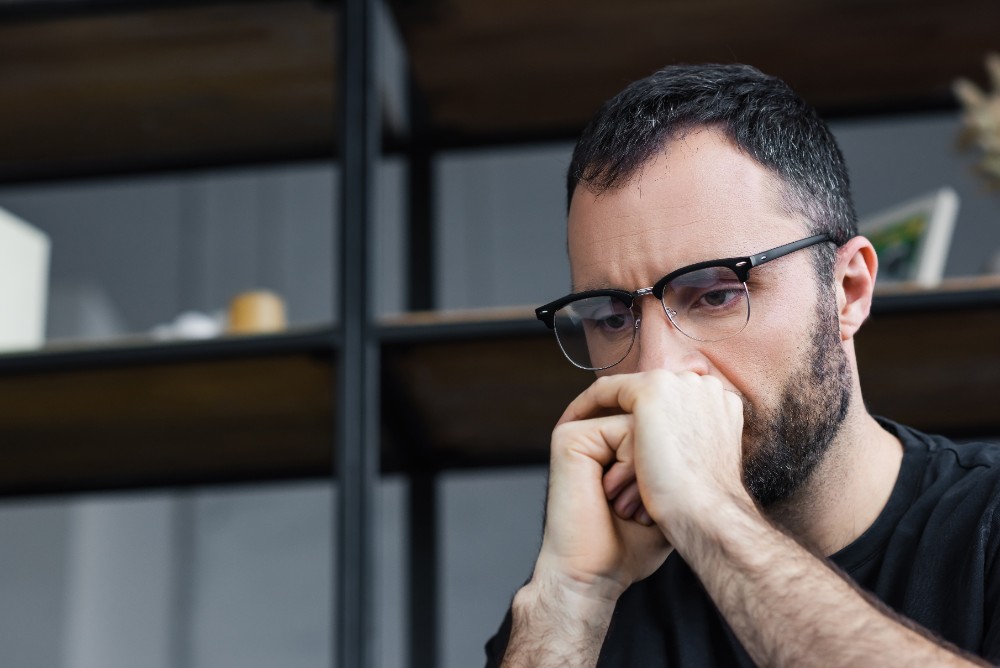Post-traumatic stress disorder (PTSD) can happen to anyone, but the numbers reveal that there is a significant gender difference when it comes to prevalence rates. According to The National Center for PTSD, roughly 10% of women will experience PTSD in their lifetime, versus 4% of men. Approximately eight million American adults experience PTSD annually; PTSD can affect anyone and should not be viewed as a sign of weakness. What are the signs and symptoms of PTSD? Each individual processes trauma differently, but there are several indicators that reveal a person may be experiencing PTSD. Changes in thinking and mood are one sign of PTSD. A person who has survived a traumatic stressor such as a sexual assault, wartime trauma or natural disaster may subsequently feel guilty, numb, ashamed and/or hopeless. Additionally, flashbacks of the traumatic event are not uncommon. Flashbacks are chronic, uncontrollable memories of the traumatic event. Such intrusive memories can also present themselves as nightmares. Any sensory experiences (hearing, seeing or smelling) that remind a person of the distressing event may cause an emotional upset that can manifest as panic attacks, shaking, racing heart rate or headaches. Because things associated with the trauma are unsettling, the individual likely will try to avoid places, people or situations which remind them of the traumatic event. Simple avoidance can become severe and chronic as PTSD worsens, in which case the individual may seek total isolation. Behavioral changes are a hallmark of PTSD. Significantly altered behavior can include intensely aggressive actions and angry outbursts. Being unable to concentrate, sleep pattern disruption and a sense of dread or danger are other behavioral signs. In general, PTSD symptoms appear within a few weeks after a traumatic experience. But it’s also important to realize that in some cases symptoms of unresolved trauma can appear several months and even years later.
If you or someone you love is struggling with PTSD and addiction, now is the time to reach out for help. At Arbor Behavioral Healthcare, you will meet knowledgeable, compassionate professionals who understand addiction in all its forms. We use an integrative and holistic approach to treat addiction and mental health issues. No treatment is one-size-fits-all, and at The Arbor, you will have a team of experts prepared to create your customized treatment plan. We offer care for your mind, body, and spirit so you can heal from the inside out and look forward to a lifetime of sobriety and wellness. If you are ready to take the first step in your recovery, please call us today at 844-413-2690.


